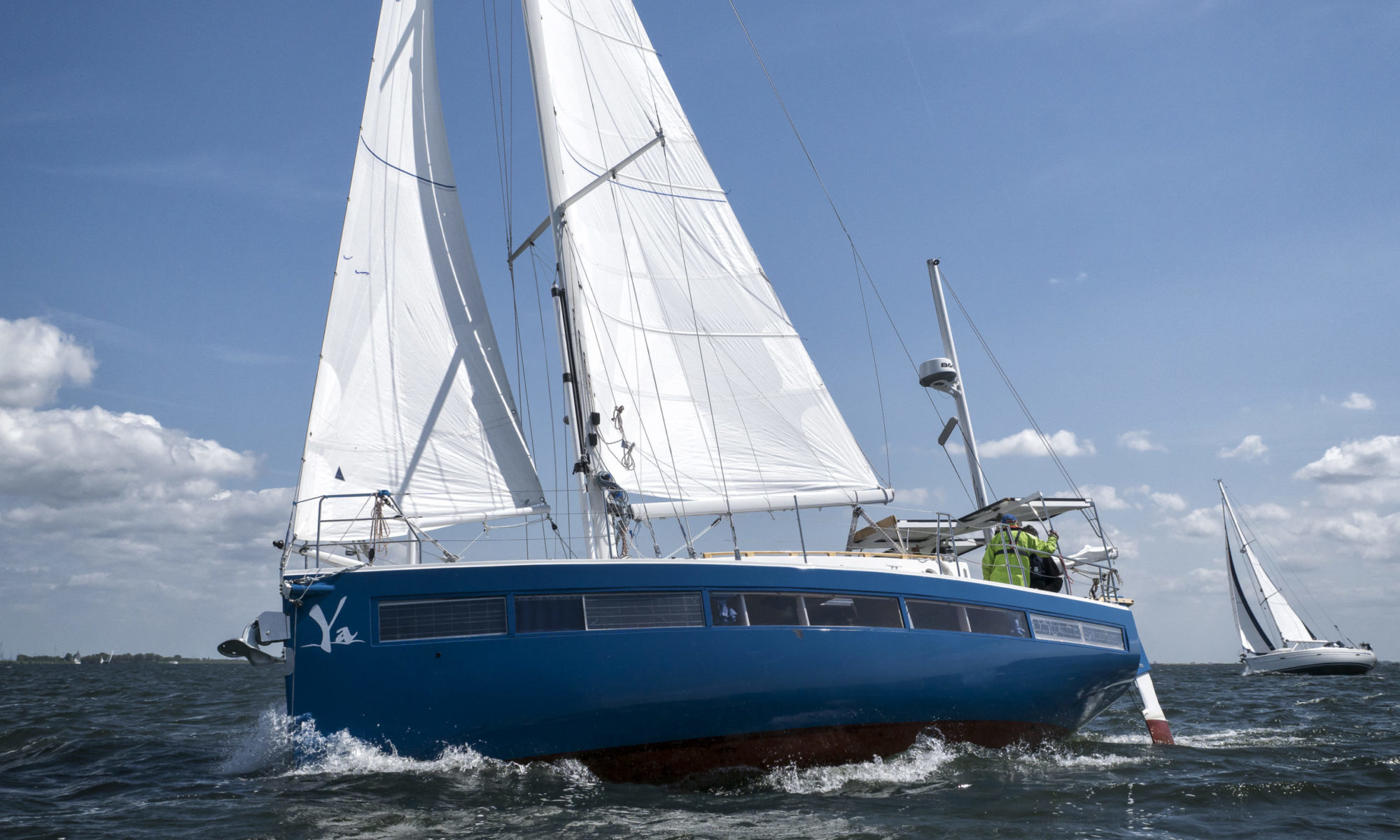We are keen river-sailors. One of the most beautiful rivers in Africa is the Gambia. What makes Gambia so worth visiting? For one, according to the World Economic Forum it’s one of the few countries in the world to meet the goals of the Paris agreement.
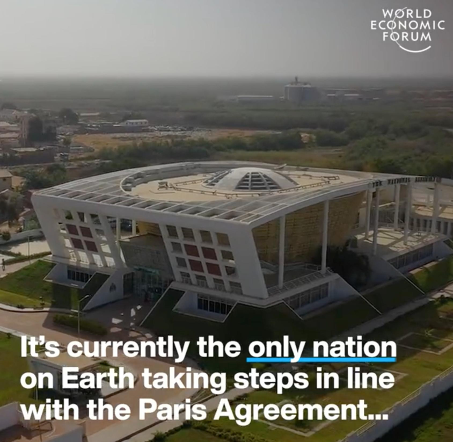
(Source: WEF)
Now this statement is a paradox. Gambia simply can’t meet these goals. Their export product is literally and in figuratively: peanuts. China invested in fish meal industry, but the economic and environmental impacts are controversial.[79]
Half of the 2.4 million people lives under the poverty limit of $1,25 per day. The chance a baby dies in its first year is 10 times higher than in Europe. Half the population is under 18 years. They suffer the consequences of climate change, even though they have not caused the problem.
What is the answer to get out?
The government and numerous private initiatives revert climate change, focus on small scale solar power, change the way to produce rice, and keeping cattle. And; Ecotourism.
Ecotourism
Gambia welcomes ecotourism. They want to avoid the mistakes of mass tourism, where a few big companies rule and take the profits home. During COVIV they have revised their strategies. They focus more on small scale tourism, more ecotourism, more African tourism. This will also reduce the ecological footprint of the tourism.
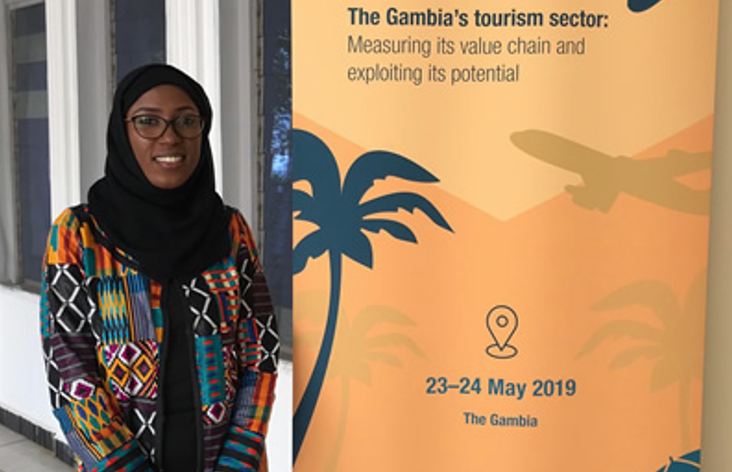
African tourists form a less seasonal so a steadier source of income. For example, during the 2014-2016 Ebola outbreak, many tourists from outside Africa cancelled trips to The Gambia while Nigerians continued to visit. For Africa the regional travel share is just 40%. This is expected to increase thanks to strong economic growth on the continent and an expanding middle class. The Gambia hopes to catch the new African tourist’s eye. (Source: https://unctad.org/news/gambia-targets-african-tourists-more-sustainable-growth)
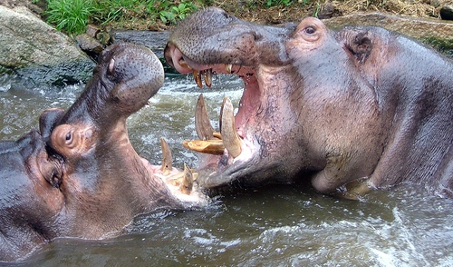
In the words of Adama Bah:
“What we need is fair trade and where it is a charity, it should be designed to make us self-reliant economies, not aid or charities that are designed to make us more dependent. Our people must be trained to have the required skills and also make it possible for them to have the markets to sell their products. Tourism, if managed properly, can make this possible. We should link-local production to the tourism market so that tourists will buy, eat and drink what is local”.
Well, this is very much in line with Ya’s way of life.
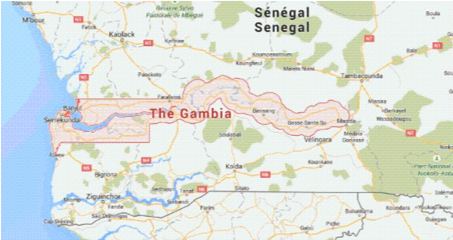
Climate awareness
Plastic and other pollution also hit the shores of Gambia. But Gambia strikes back. The Gambia Ocean Heroes clean up the beaches and actively use social media to raise awareness on pollution.

Elizabeth Wathuti started reforesting Kenia. In Gambia, a reforestation group started in 2018: Green Up Gambia. Their main goal is to reforest the savannahs in Gambia and bring back the rainforest. This will also stop the continuing desertification of the region, from Morocco all the way south.
Planning on traveling?
Please don’t book an ‘all inclusive’ but book directly and spend your money directly on the locals. Access Gambia gave some useful advice for (future) travellers.
The first ones you can also try at home:
- Avoid using an air-conditioner as much as possible and use a fan instead.
- Never leave an A/C on when you are out.
- Use a shower instead of a bath & avoid turning on or leaving on hot water heaters.
- Take all rubbish with you & don’t litter. Buy only large bottles of drinking water & use it all up before buying another.
- When shopping try buying from only small local shops.
- Try to visit at least one local attraction away from the coastal areas such as Pirang Forest. The farther away the better. They depend on your cash.
- Never ever feed wild animals & birds. They may lose fear of humans & be killed later by poachers.
- Try eating out in small local in small local restaurants so your tourist money goes into the pockets of local proprietors
- And, giving a tip is normal, and necessary, as many workers are paid less than £2 per day.
You want to know where we are? Check the map ‘here are we now’
You want to get in touch? Mail to info@fossilfreearoundtheworld.org
